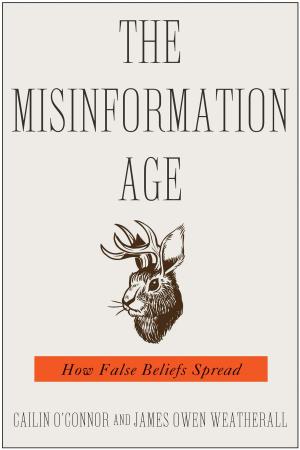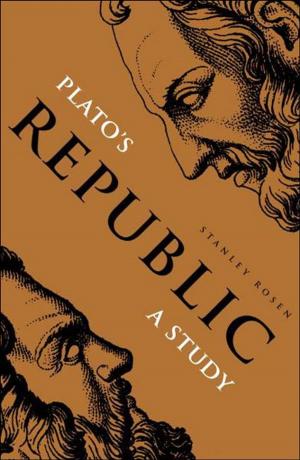Horace's "Carmen Saeculare"
Ritual Magic and the Poet`s Art
Fiction & Literature, Literary Theory & Criticism, Poetry History & Criticism| Author: | Michael C. J. Putnam | ISBN: | 9780300130454 |
| Publisher: | Yale University Press | Publication: | October 1, 2008 |
| Imprint: | Yale University Press | Language: | English |
| Author: | Michael C. J. Putnam |
| ISBN: | 9780300130454 |
| Publisher: | Yale University Press |
| Publication: | October 1, 2008 |
| Imprint: | Yale University Press |
| Language: | English |
This is the first book devoted to Horace’s Carmen Saeculare, a poem commissioned by Roman emperor Augustus in 17 B.C.E. for choral performance at the Ludi Saeculares, the Secular Games. The poem is the first fully preserved Latin hymn whose circumstances of presentation are known, and it is the only lyric of Horace we can be certain was first presented orally.
Michael C. J. Putnam offers a close and sensitive reading of this hymn, shedding new light on the richness and virtuosity of its poetry, on the many sources Horace drew on, and on the poem’s power and significance as a public ritual. A rich and compelling work, this poem is a masterpiece, Putnam shows, and it represents a crucial link in the development of Rome’s outstanding lyric poet.
Michael C. J. Putnam offers a close and sensitive reading of this hymn, shedding new light on the richness and virtuosity of its poetry, on the many sources Horace drew on, and on the poem’s power and significance as a public ritual. A rich and compelling work, this poem is a masterpiece, Putnam shows, and it represents a crucial link in the development of Rome’s outstanding lyric poet.















